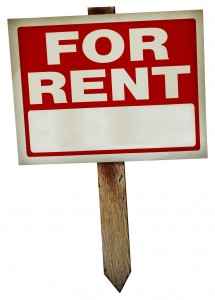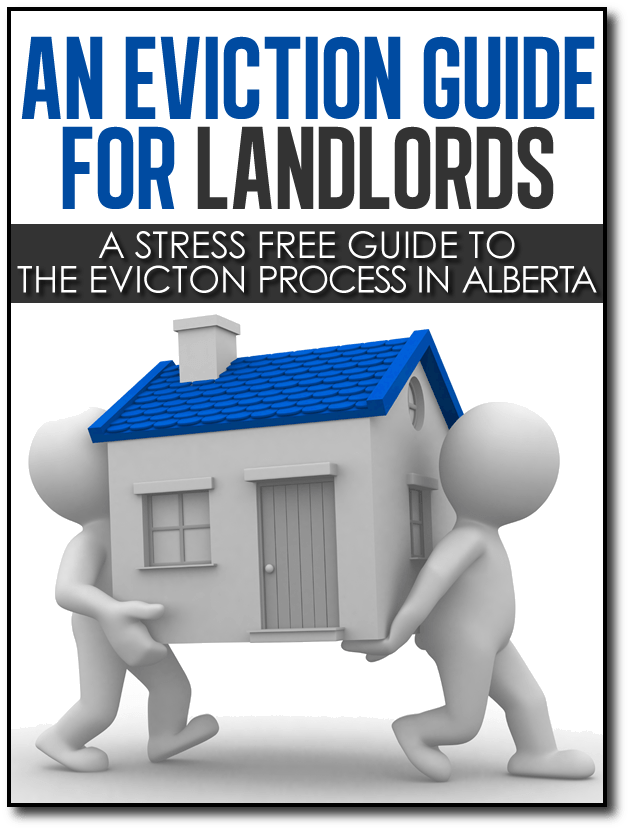Integrity
What a fantastic morning! Nothing like a few hours of vacuuming rooming house floors, finding, dust bunnies the size of actual bunnies, old toenails to suck up and spills in a room that you just cannot imagine how they could be accomplished. So there is the less glamourous start, but the good part is the time I have to just think while I am actively cleaning and painting a room.
The topic I was reflecting on this morning was integrity. Integrity in Real Estate specifically. The problem with integrity is it seems to work off of a sliding scale for many individuals. The more I thought about it, the more I realized something. Something incredibly obvious, but also important to be aware of about integrity.
Before we get to that, here are some nice generalizations I’ve seen, been subjected to and been exposed to over the years. Some you may agree with, some you may not, either way I would love to hear your thoughts after you read the post.
Money Changes the Rules
There is a lot of freaking money to be made in Real Estate. Depending on which side of the fence you are on, either having money or not having money, this can change people’s level of integrity.
I have had upstanding tenants who in a normal situation would be people I could trust and have trusted. People I typically have helped quite often in the past, just to get past a hurdle or two. However if this hurdle becomes more of a wall, if their challenges become more severe, suddenly their level of integrity has shifted and they move from a situation of paying their bills to survival.
I have also been in numerous partnerships with people in Real Estate. I’ve had partners use us for information, initially indicating they were bringing us in to the deal and then as the amount of profits became more obvious and larger, suddenly we have been pushed to the side. This shift in integrity is due more to greed.
Our most recent experience (other than bank’s greed), was a property we had with a partner that was sold in very early summer of last year. It was a five year hold, the term was coming up, the lender had given us ample warning they were no longer in the mortgage business (GMAC) and wouldn’t be able to offer a renewal, so we knew we were selling.
Since we had held the property for a considerable time, we were looking at over six figures of equity and it was going to be a nice payday for both parties. Except the other party changed the rules once they arrived in the city from out of province. It was interesting as they actually called our integrity into account and suggested we had cost the other partner $30,000 or more in profits.
We managed the property for five years, dealt with evictions, repairs, problem tenants, broken windows, broken doors and basically did everything we could to turn the property into a great home for people, yet here we are almost ten months later and we have never been paid. In hindsight, this particular partner most likely never intended any fair equity split. I truly believe, again in hindsight, that her integrity level was never there.
We made some amateur mistakes initially and we believe she saw them, understand the benefits to herself and allowed her integrity scale (although after some of the conversations and letters sent to us by her lawyer wonder if she has any integrity) to shift drastically to the nasty side. Meanwhile, we’re $50-60,000 short of some profits we could really use to help out in other areas.
Integrity Changes One Decision At a Time
I think in the money examples above, for the first two instances, the changes in these people came fairly quickly. However, I also think many of these changes begin with one little decision which quickly gets followed up by another and another until the change can be justified.
When it comes to integrity, any misstep or decision that has to be justified, may not involve following the normal path of integrity and has suddenly become a new path forking off to who knows where. Anyway, I’m wandering off on my own path here, so just to get to the point, integrity involves keeping a certain set of standards and not letting those standards slip.
Now I’m not a choir boy, I may not be the nicest person, I may not even be a borderline person to some, but I follow a certain level of integrity that my partners know they can trust, as do my friends. This brings up the question, how flexible is your integrity??
Investor’s Perspective on Integrity
It seems over the last few years, as the market has turned on so many, I have been burned so many times by people who normally would have had good integrity. It hurts and it’s cost me friendships and a significant amount of money, but I have also learned some valuable lessons for both Real Estate and life.
We are not in the 60’s anymore, a handshake counts for nothing, you need full and complete documents and contracts for Joint Ventures, partnerships and any and all leases you are involved with. Whether it’s a deal with your neighbour or a deal with a superstar in the industry, trust counts for zip compared to properly completed documents.
Do not wait for when you have time, do not wait until it’s convenient, if there is going to be a significant amount of risk of cash, your credit or your integrity, get everything signed, sealed and delivered before committing to anything.
So just to close off, have any of you been burned by partners, investors or tenants? Now don’t name names, but tell us your story and tell us any lessons you’ve learned. Sharing and reinforcing this to people is the only way to help others avoid similar nightmares.














